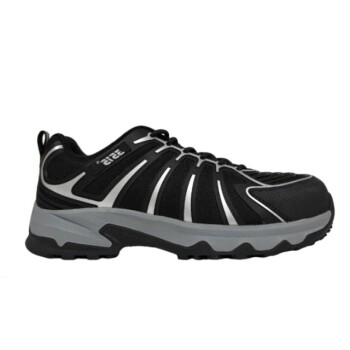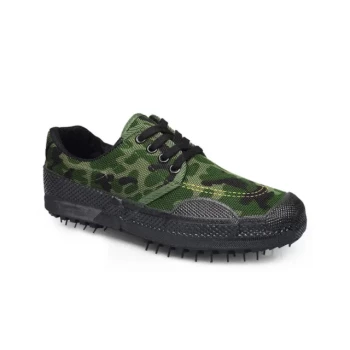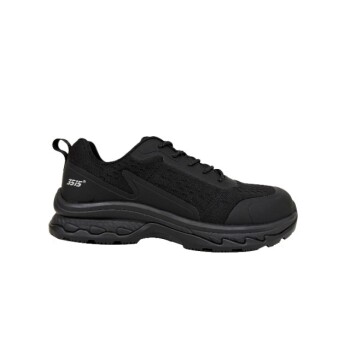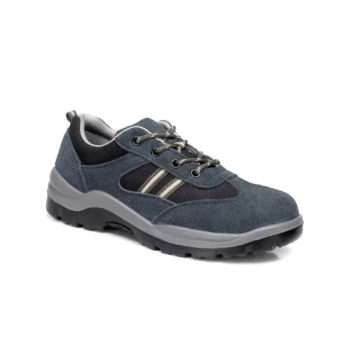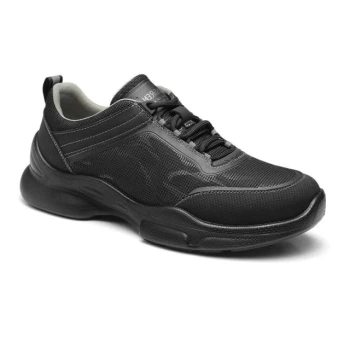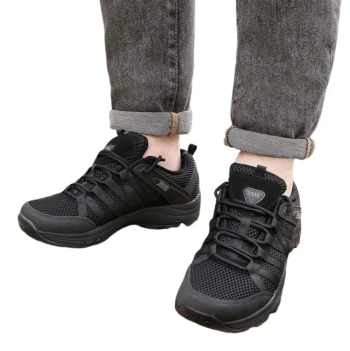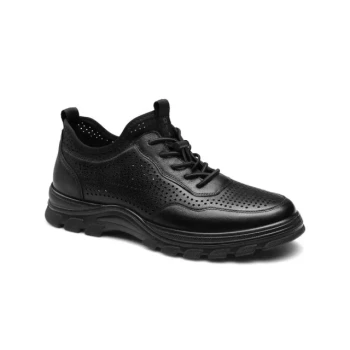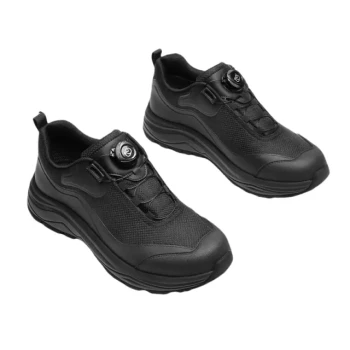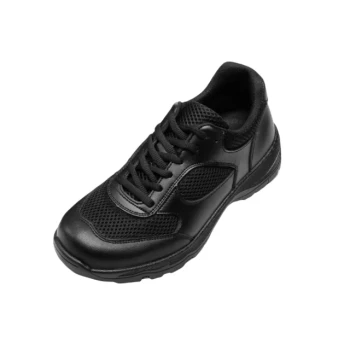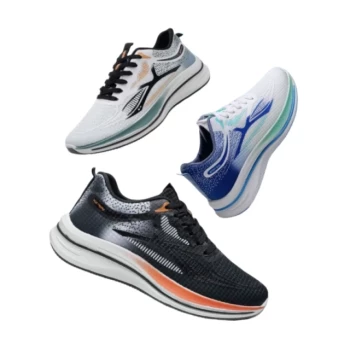To choose the right casual shoes for walking, you must look beyond style and focus on three core functional elements: the material's durability and breathability, the sole's support and flexibility, and the overall weight of the shoe. The ideal choice balances these factors against the specific demands of your typical walking environment.
The most common mistake is choosing a shoe based on its "casual" look rather than its "walking" function. The best casual walking shoe is not a specific model, but one whose construction is precisely matched to the surfaces you walk on and the distances you cover.
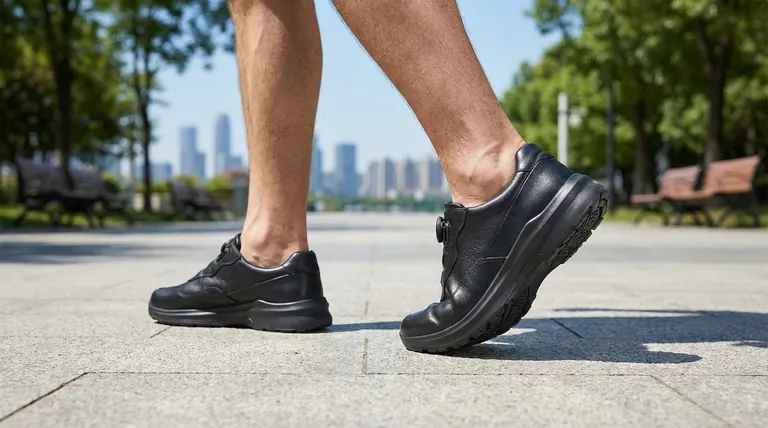
Deconstructing the Ideal Walking Shoe
A shoe designed for walking is a piece of equipment. Just as you would for any other activity, you need to understand its core components to make an informed decision.
The Critical Role of Materials
The upper material dictates the shoe's breathability, durability, and weather resistance. This is your foot's first line of defense against both the elements and internal moisture from sweat.
Leather uppers are often an ideal choice, offering a strong balance of durability and breathability. They can withstand moisture while still allowing sweat vapor to escape.
In contrast, materials like suede or nubuck are less suitable for all-purpose walking, as they are less resistant to water and can be more difficult to maintain.
Analyzing the Sole
The sole is the engine of the shoe, responsible for comfort, stability, and safety. It needs to be both supportive and adaptable.
Look for a sole that is flexible, allowing your foot to move naturally through each step. A rigid sole can cause fatigue and unnatural gait mechanics.
Simultaneously, the sole must provide adequate support and cushioning to absorb impact, especially on hard surfaces like pavement. A non-slip tread is also essential for navigating varied urban terrain safely.
The Weight Factor
The weight of your shoes has a cumulative effect on your energy levels, especially over longer distances.
Lightweight models are an excellent option for urban environments and daily commutes. They reduce fatigue and make walking feel more effortless.
However, be aware that extreme lightweight construction may come at the expense of the rugged durability needed for more demanding trails or uneven surfaces.
Understanding the Trade-offs
Choosing the perfect shoe involves navigating a series of compromises. Being aware of these trade-offs is key to selecting a shoe that truly meets your needs.
Durability vs. Weight
A shoe built with thick, robust materials will likely last longer but will also be heavier. This can lead to increased fatigue on long walks. Conversely, an ultralight shoe might feel great initially but wear out much faster under heavy use.
Weatherproofing vs. Breathability
A fully waterproof shoe is excellent for rainy days but can become a "sweat box" in warmer weather, leading to discomfort and blisters. A highly breathable mesh shoe is perfect for hot, dry days but offers no protection from a sudden downpour. The goal is to find the right balance for your climate.
Style vs. True Function
Many fashionable "casual sneakers" are designed for appearance, not performance. They may lack the necessary arch support, cushioning, or sole flexibility required for comfortable, sustained walking, leading to foot pain and fatigue.
Making the Right Choice for Your Goal
Ultimately, your personal walking habits should dictate your choice. Use your primary goal as a filter to find the perfect pair.
- If your primary focus is short, daily walks on city pavement: Prioritize a lightweight design with a highly flexible, non-slip sole.
- If your primary focus is covering long distances regularly: Seek out superior cushioning, proven arch support, and durable, breathable materials.
- If your primary focus is all-weather versatility: Choose a shoe made from a moisture-resistant material like treated leather that doesn't completely sacrifice breathability.
Choosing the right shoe is an investment in your daily comfort and long-term foot health.
Summary Table:
| Key Consideration | What to Look For | Why It Matters |
|---|---|---|
| Material (Upper) | Durable, breathable leather | Balances weather resistance and moisture management |
| Sole | Flexible, cushioned, non-slip | Provides comfort, stability, and safety on varied surfaces |
| Weight | Lightweight for daily use; sturdy for rough terrain | Reduces fatigue and matches your walking environment |
| Primary Use | Match shoe features to your walking habits (e.g., city walks vs. long distances) | Ensures optimal comfort and performance for your specific needs |
Ready to find the perfect casual walking shoe for your business?
As a large-scale manufacturer, 3515 produces a comprehensive range of durable, comfortable footwear tailored for distributors, brand owners, and bulk clients. Our expertise in crafting shoes with the right balance of materials, sole support, and weight ensures your customers get the performance they need.
Contact us today to discuss your footwear requirements and explore our production capabilities for all types of shoes and boots.
Visual Guide
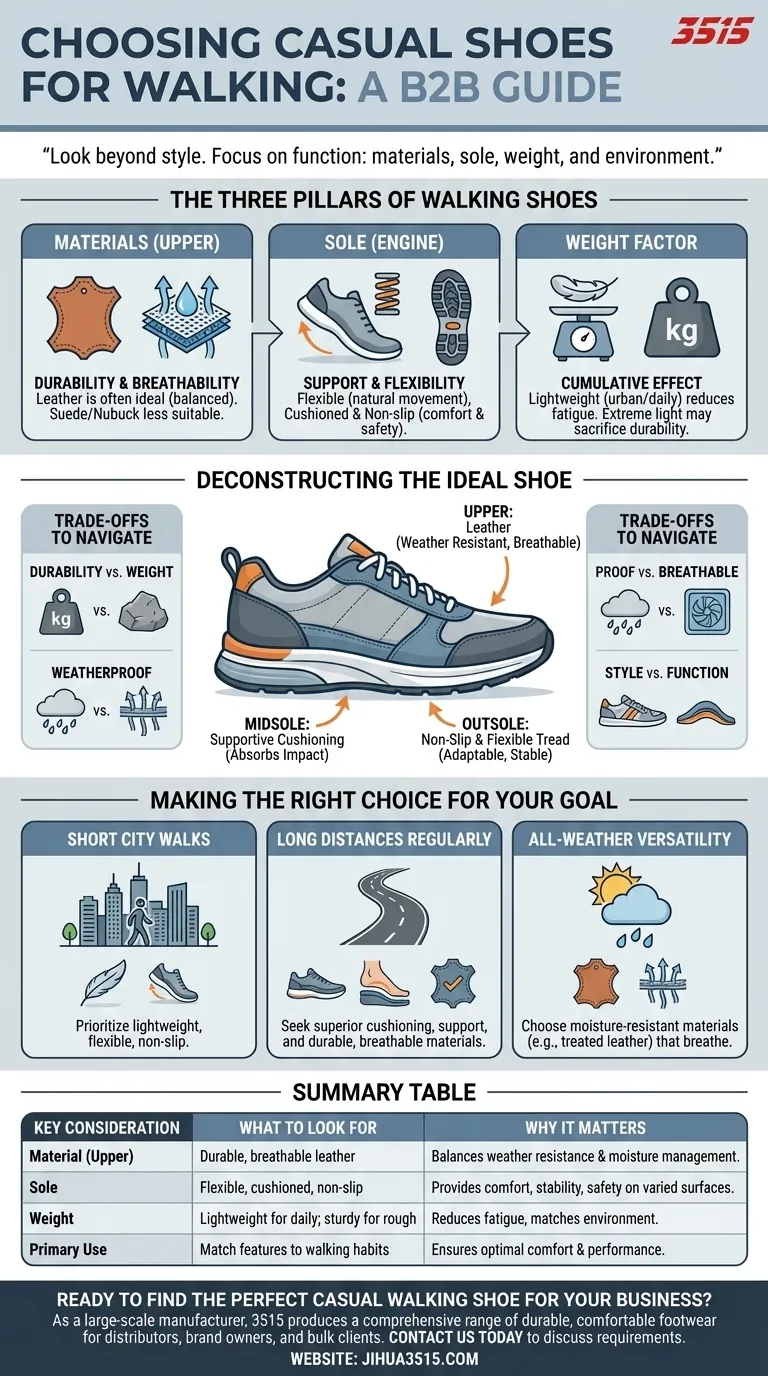
Related Products
- Factory Direct Wholesale Leather Comfort Shoes with Dial Closure
- Wholesale Comfortable Business Casual Shoes Custom Manufacturing
- Durable Rubber-Soled Utility Shoes for Wholesale & Custom Brand Manufacturing
- Premium KPU Athletic Safety Shoes for Wholesale
- Wholesale Leather Business Casual Shoes with Dial Closure - Manufacturer of Comfort Dress Sneakers
People Also Ask
- How does leather compare to other shoe materials in terms of durability and comfort? A Material Guide for Footwear
- What should consumers look for to avoid misleading claims about leather quality? A Guide to Identifying Genuine Quality
- How can one identify authentic leather footwear? A Guide to Spotting Genuine vs. Fake
- What are the advantages and disadvantages of using leather in shoes? Durability vs. Maintenance
- How does top-grain leather differ from full-grain? Choose the Right Leather for Your Products



